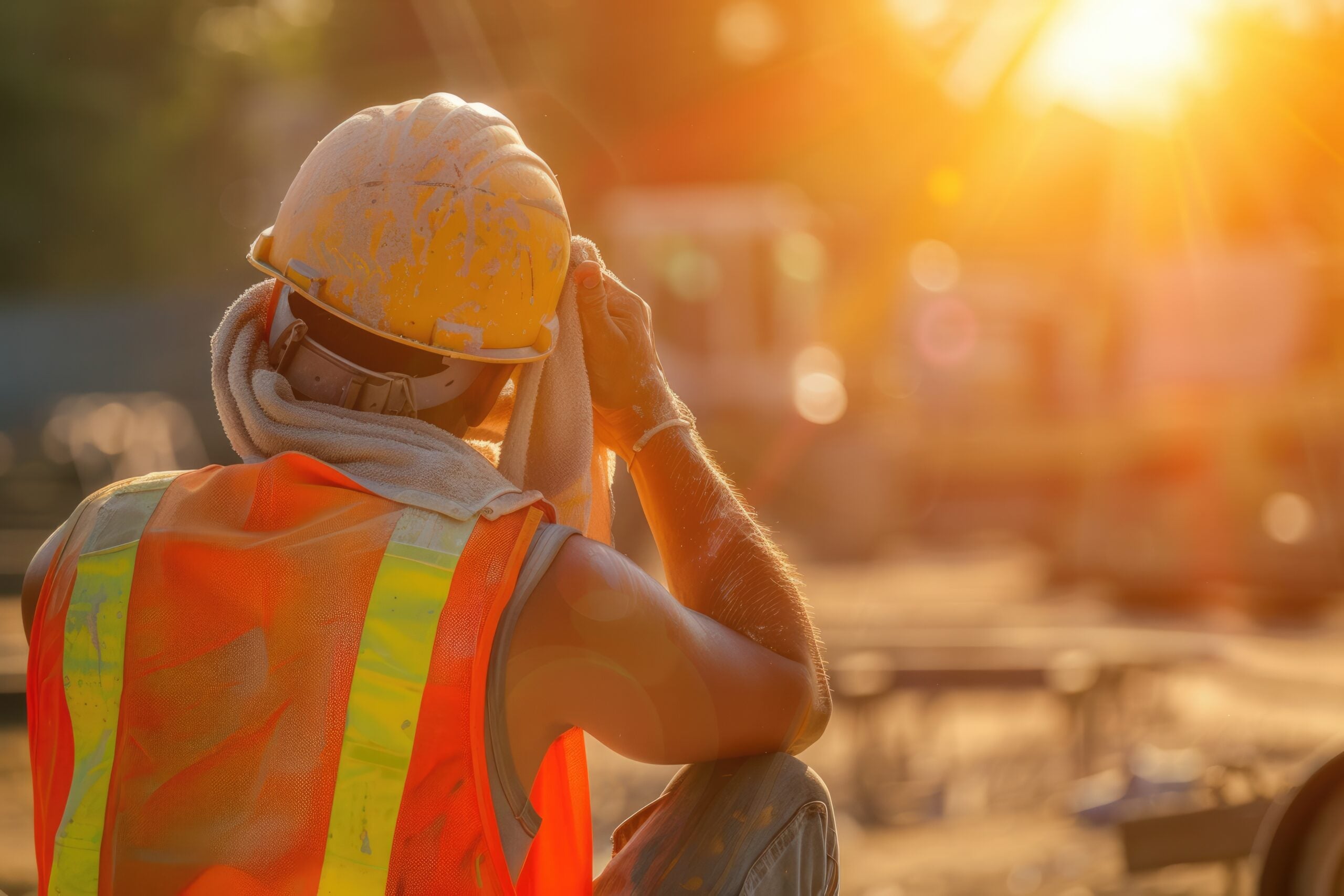Center for Climate, Health, and the Global Environment
We seek climate solutions that can provide for a healthier and more just world today and a livable future for our children.
Building 1, Room 1312
Research
We tackle issues that are essential for building healthy, just, and sustainable communities. Through rigorous research, we evaluate and advance solutions that will enable the healthiest, most equitable path forward, especially for communities that are most vulnerable to climate change.
Our work addresses climate impacts at every level: individuals; health care systems; communities and cities; and national and global policy.

Individuals
Climate change poses a serious threat to everyone’s health, especially to children, older adults, people with chronic medical conditions, and people living in under-resourced communities.
We’re working to find solutions that keep people healthy and provide education and resources about how climate impacts health and actions everyone can take to stay safe.
We’re testing whether air purifiers can help by reducing harmful particles in the air, which could offer a non-drug way to improve symptoms and lung health.

Health care systems
As climate change makes extreme weather like wildfires and heat waves more frequent and intense, health care systems need to be ready for emerging threats to patients’ health. We work with hospitals, frontline clinics, and health care providers to identify how fossil fuel pollution and climate change impact patient health and care delivery. Together, we develop and evaluate strategies to protect patients and ensure health systems are resilient to climate challenges.
Climate shocks including heat waves, wildfires, hurricanes, and flooding are disrupting health care delivery and harming patients. We work with frontline health clinics that serve highly impacted communities to develop and deploy resources that can safeguard their patients’ health.
We develop and evaluate curricula that train health professionals to identify and address the health impacts of climate change in their patients.

Communities and cities
Communities and cities are dynamic spaces where innovative climate solutions can be developed, tested, and scaled. We collaborate with residents, local leaders, and organizations in the U.S. and around the world to create resilient and equitable neighborhoods. By working together, we find the most effective strategies to help communities withstand climate impacts and keep their neighbors safe.
We’re working with community stakeholders to understand how climate hazards like heat, flooding, pollution, and chemical exposures impact the health of communities in the Mystic River Watershed and develop tools to help decision makers protect those most at risk.
By building artificial reefs and seeding them with local marine life, we aim to increase the volume of fish that fisheries are able to produce in Madagascar.
We’re working in Indian coastal communities that are repeatedly impacted by extreme weather to build community-driven climate solutions.
Community voices are often missing from climate and health solutions. We center community input to ensure interventions truly address local needs and support lasting change.
We are evaluating tailored interventions to address heat stress in vulnerable populations in Boston, South Africa, and Madagascar.
The La Fire Health Study is a 10-year project looking at which pollutants are in the air, where they are present, and how they affect people’s lungs, brains, hearts, and overall health.

National and global policy
Our research helps policymakers understand the health impacts of fossil fuel pollution and develop evidence-based, equitable climate policies that prioritize public health. By studying how climate change affects population health and conducting benefit-cost analyses of interventions, we shape policy and keep health central to climate solutions.
CHAIR-India links environmental data to health datasets to study the impact of air pollution and temperature on health in rural and urban areas across India.
We’re looking at how ecological transformations impact health in Madagascar and Nepal, using national health system data to create research data platforms that will enable adaptation and preparedness efforts in the face of climate change.
We’re helping decision makers compare policies and interventions to determine which climate and health solutions may be most beneficial.
Check out our latest work
-
Pollution from fossil fuel development and health inequalities
Learn how to tackle the health inequities that arise from living near oil and gas developments in this BMJ editorial.
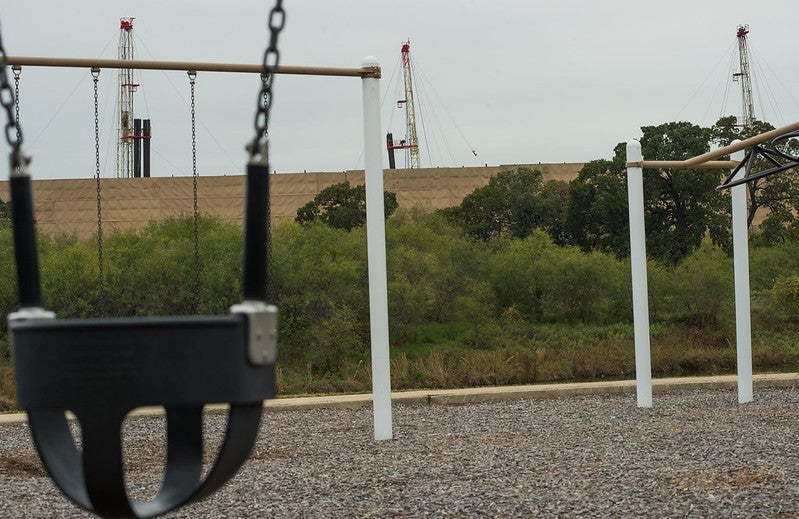
-
Students report major success of new climate and health curriculum at Harvard Medical School
Study finds students improved climate and health knowledge in Harvard Medical School’s new climate change, environment, and health curriculum.

-
What makes us (unwittingly) share climate misinformation online?
Climate change is one of the most important challenges facing our planet, yet social media platforms are filled with climate misinformation. When false or inaccurate climate messages spread online, they…

-
Climate-Smart Public Health: A blueprint for resilient health systems
Until now, systems that collect public health information haven’t been connected to data about the climate and environment, making it difficult to anticipate how climate change impacts people’s health. When…
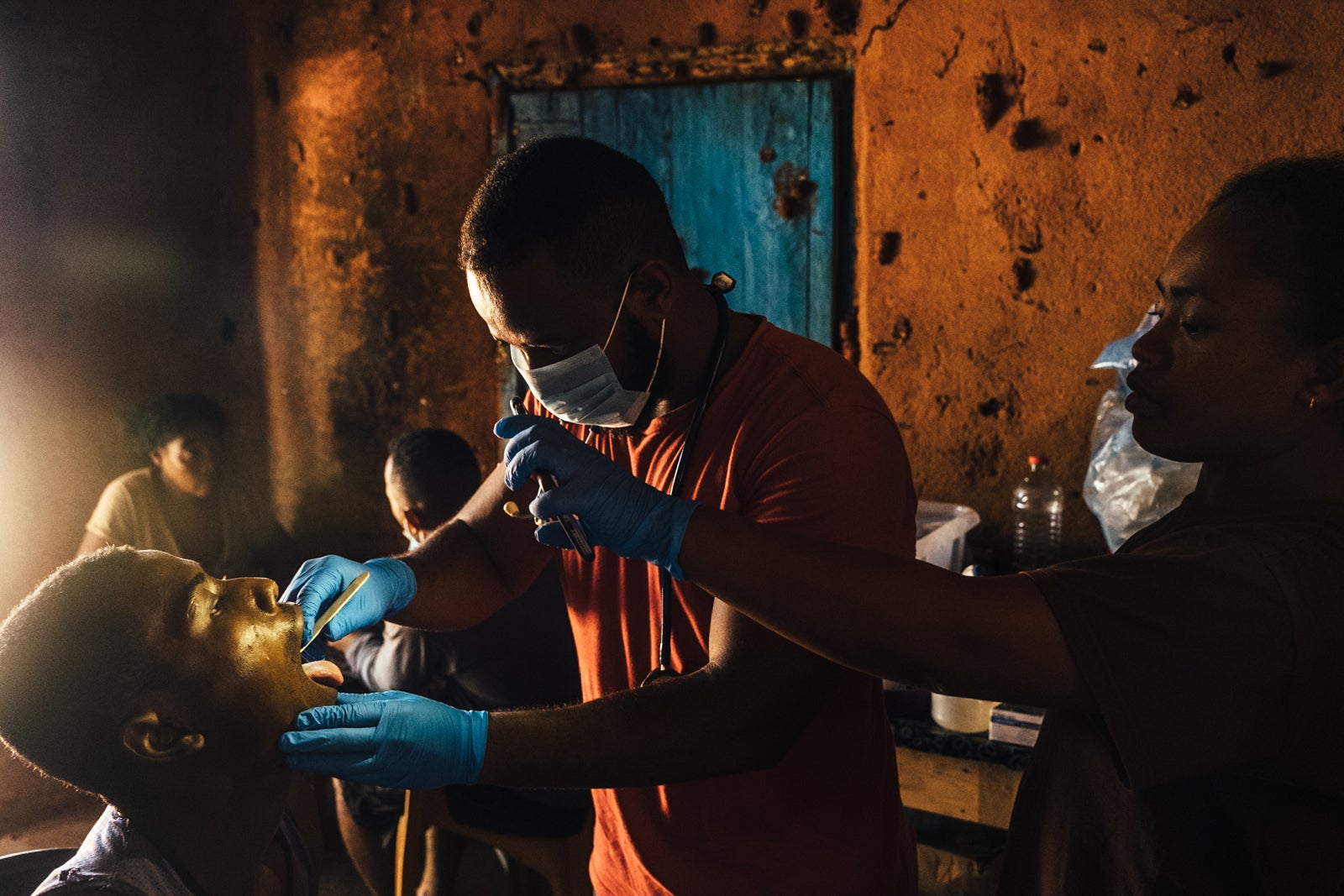
-
Flooding increases hospitalization risks in older adults
Floods are the most frequently occurring climate hazard and are projected to become more frequent and intense in the coming decades due to climate change, urbanization, and more people living…

-
Healthcare, cities, and climate change: Challenges and opportunities
Learn how cities and healthcare systems can work together to adapt to climate change
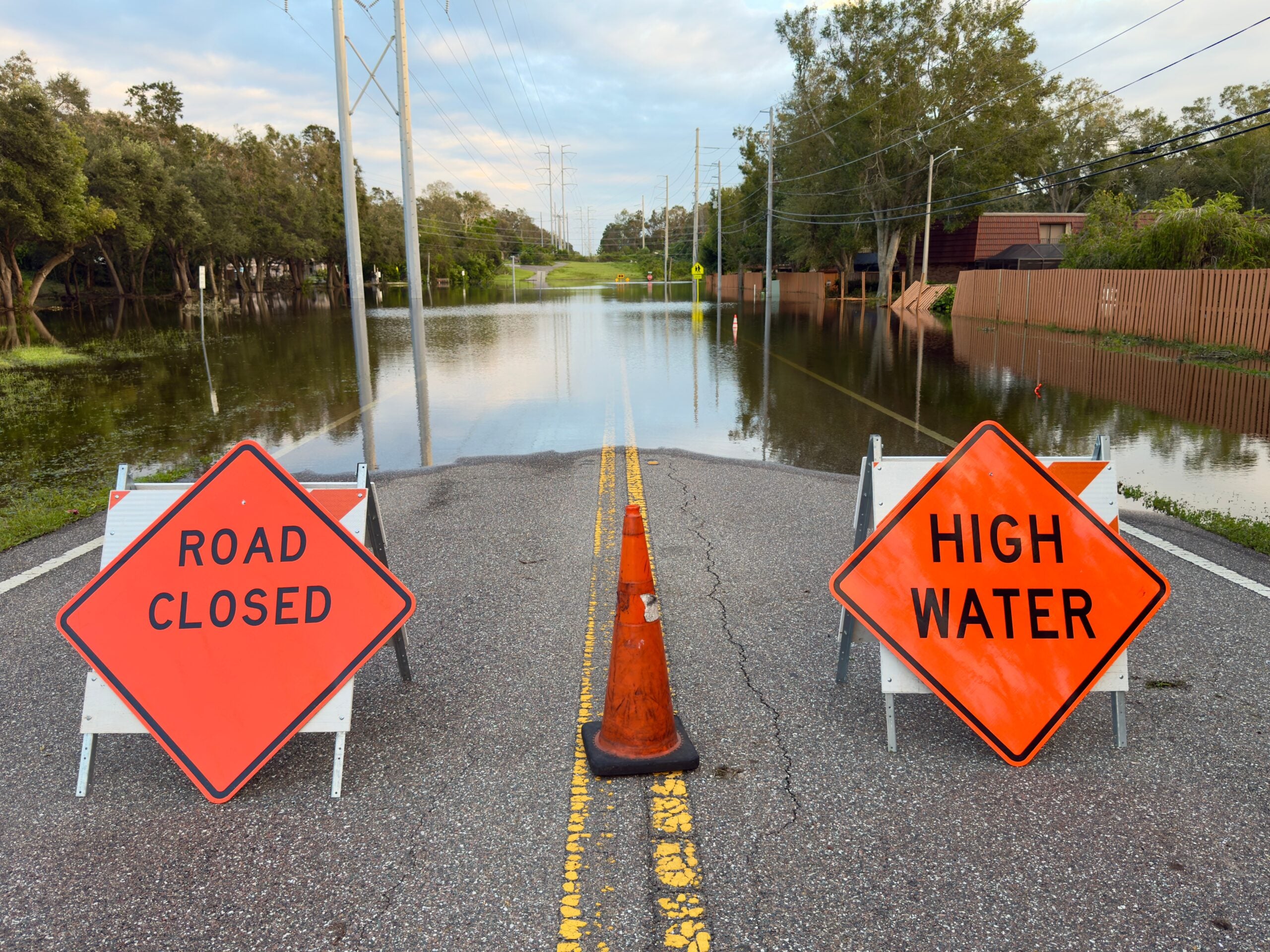
-
Wildfires are deadlier and costlier due to climate change
Research shows that climate change has led to thousands of deaths and billions of dollars in economic costs over 15 years due to exposure to wildfire smoke pollution.
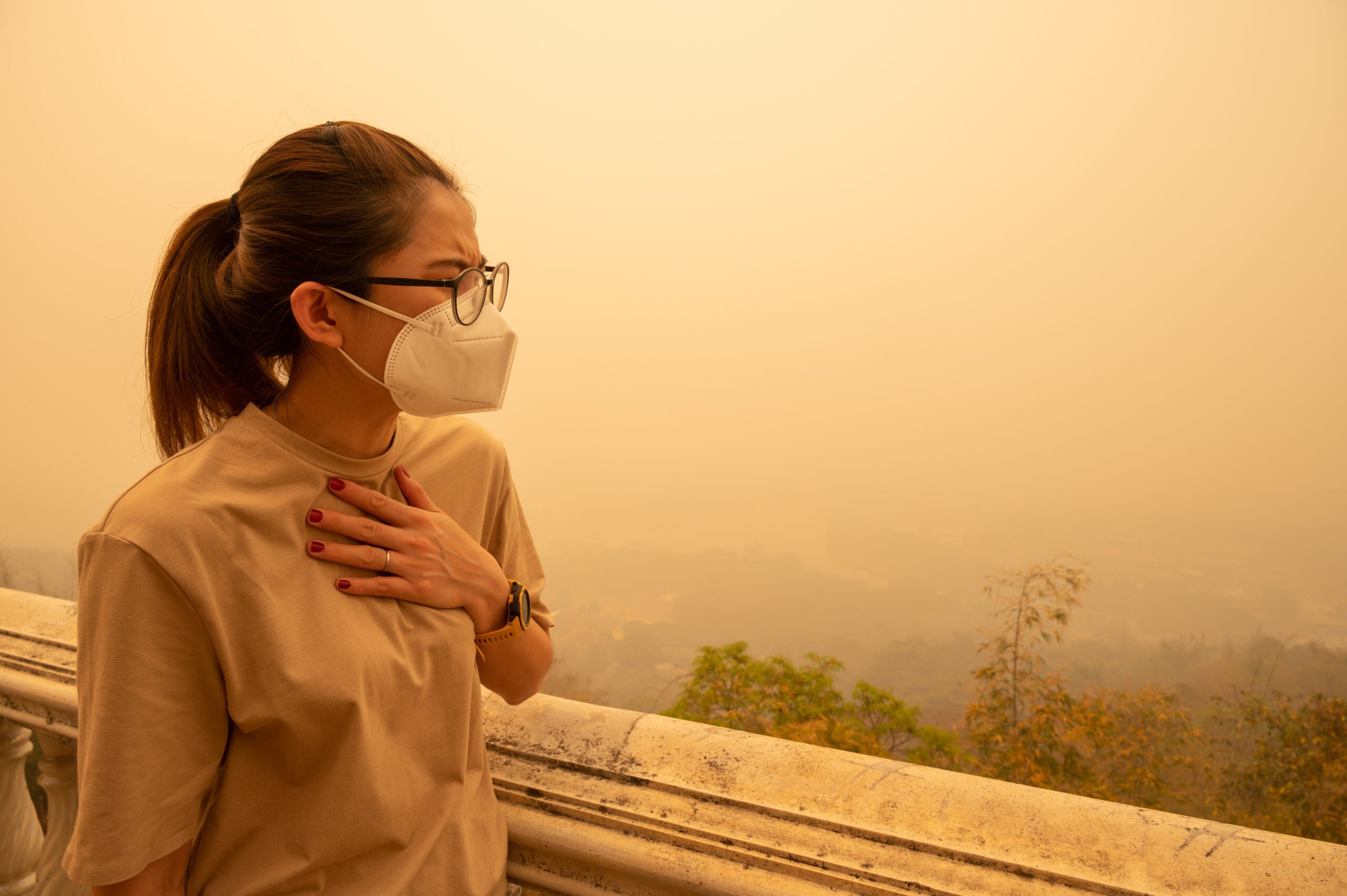
-
A climate resilient toolkit helps frontline clinics keep patients safe
New research evaluations a tool to help frontline health clinics become climate resilient.

-
Improving climate action through public health policy initiatives
Implementing public health policies that also include climate co-benefits may be a practical policy pathway to accelerate climate mitigation.
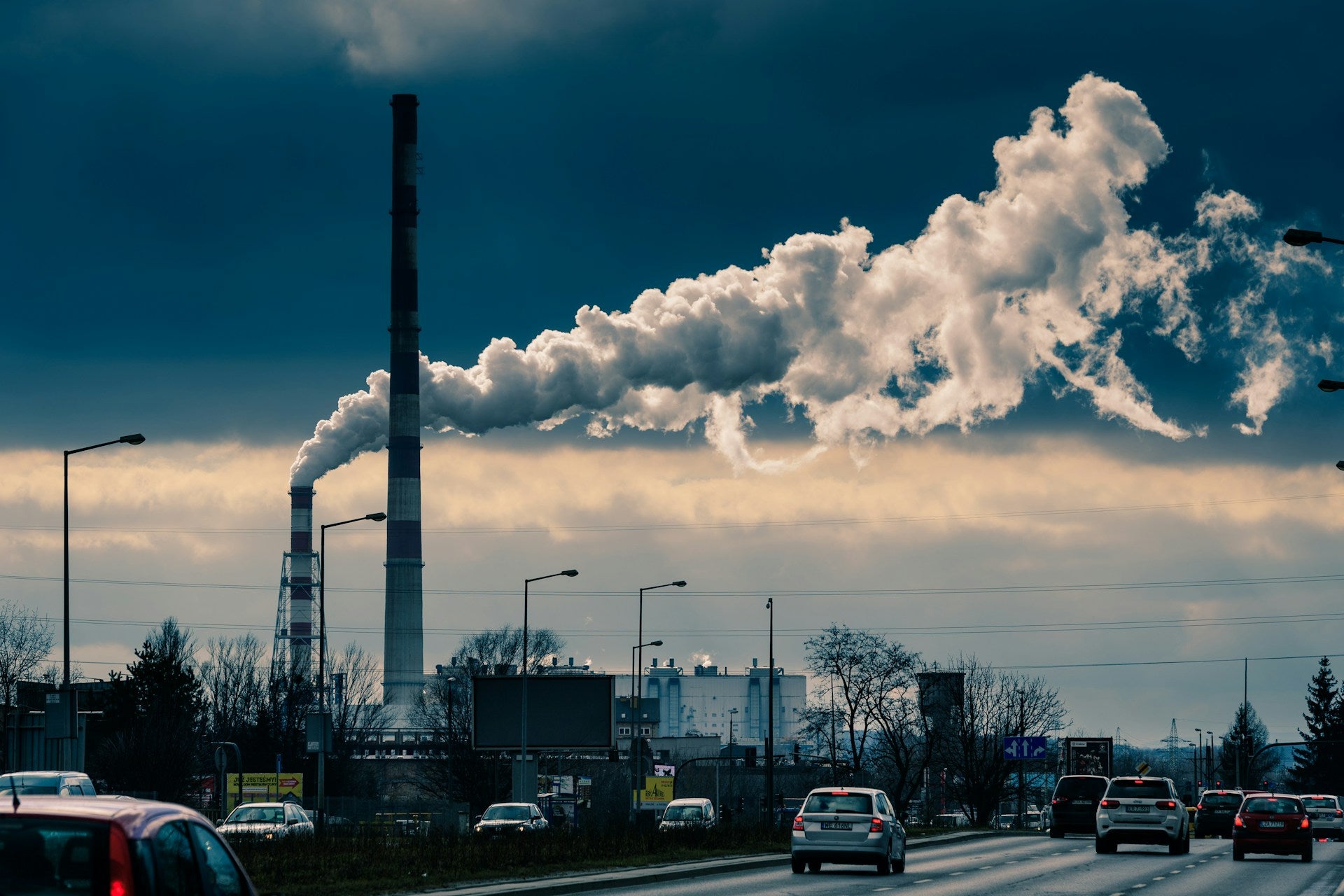
Past Projects
Browse a selection of issues we’ve researched to guide decision makers in crafting policies and programs that improve health in climate change and infectious disease, fossil fuels and health, natural gas and gas stoves, clean energy and health, and climate policies and health.

